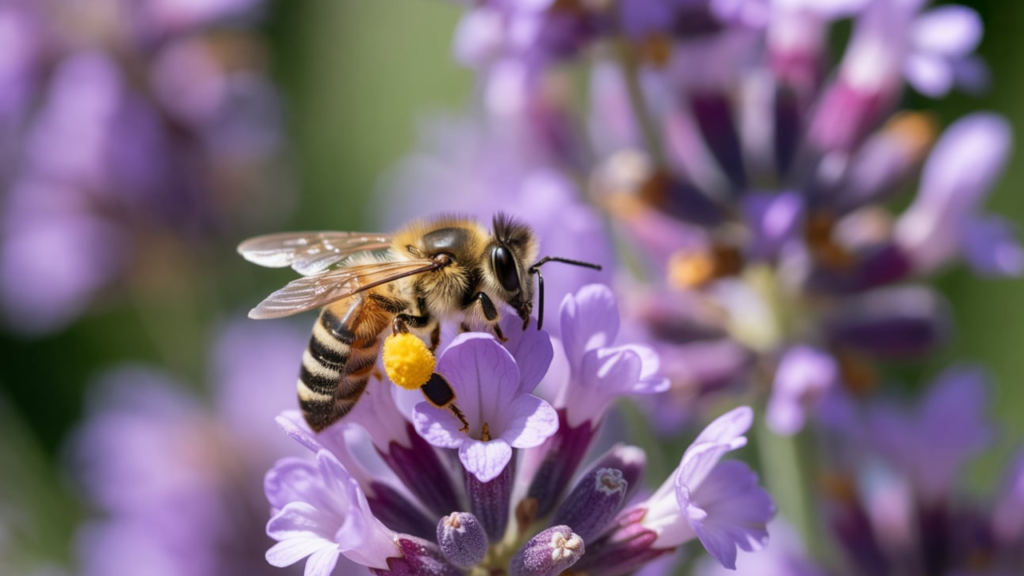You know the feeling—you’ve found the pangram. You’re riding high on your word wizardry, confidently punching in obscure terms and ticking off the common ones. Then it happens.
You’re stuck.
You stare at those seven letters like they’ve betrayed you. The clock ticks, your coffee gets cold, and you swear that you’ve tried every combination possible. But the Spelling Bee puzzle just stares back, smug and unsolved.
That’s when every NYT Spelling Bee player needs a buddy—someone (or something) to help push you over the finish line. Welcome to the world of the NYT Spelling Bee Buddy, where hints, help, and community combine to turn a frustrating moment into a triumphant one.
🧠 What Is the NYT Spelling Bee Buddy, Anyway?
Simply put, an NYT Spelling Bee Buddy is anything or anyone that helps you solve the daily New York Times Spelling Bee puzzle. Whether it’s a tool, a solver, a website, or even a fellow word nerd who texts you “have you tried parallelogram?”—they’re all part of the buddy ecosystem.
And yes, we’ve all secretly googled “spelling bee cheat” at least once. No shame here.
People searching for “nyt spelling bee buddy” are usually looking for:
- Spelling Bee hints
- Answer finders
- Word list tools
- Online communities or forums
- Strategies to boost their score
It’s about help—but also about connection, fun, and mastery.

🚀 Why the Spelling Bee Has Taken Off
Word games have always had a place in our hearts, but the NYT Spelling Bee has carved out a special niche. It’s part challenge, part ritual, and part obsession.
Since its launch in 2018, it’s become a daily brain teaser for tens of thousands of players. Add in a cute cartoon bee and minimalist interface, and you’ve got the perfect modern puzzle.
But with popularity comes pressure. Enter the Buddy.
🔍 Who (or What) Can Be Your Spelling Bee Buddy?
Let’s break down the top types of Spelling Bee Buddies people turn to.
1. Online Tools & Solvers
There are several sites that act as your NYT Spelling Bee solver, offering anything from gentle nudges to full-on spoilers.
One top-ranking website is HashTechWave, which posts today’s spelling bee answers and pangram every single day. It’s quick, clean, and spoiler-friendly (if you want it to be).
Other tools allow you to input the day’s letters and generate:
- Valid words (based on Spelling Bee’s dictionary)
- Possible pangrams
- Missing four-letter words (those are always the trickiest!)
If you’re looking for a pangram finder or “words with these letters spelling bee” style of help, these tools are invaluable.
⚠️ Pro tip: Use these wisely. It’s easy to go from “just one hint” to “tell me everything.” Don’t let your buddy do all the work.
2. Communities and Forums
Sometimes, the best buddy is another player.
Reddit’s r/NYTSpellingBee is a lively place where people share hints, cheer each other on, and, yes, grumble about obscure words. It’s not uncommon to see posts titled:

“I got Queen Bee but STILL missed ‘oleoresin’?!”
These forums offer:
- Daily discussions without spoilers
- Community hints
- Puzzle strategy breakdowns
- Camaraderie and a sense of belonging
It turns out, the Spelling Bee is more than a puzzle. It’s a daily ritual that connects people across time zones, generations, and walks of life.
3. Strategy Guides and Blogs
Maybe you don’t want outright answers—but you do want to get better.
There are blogs that offer strategy, not just solutions. Think of them as coaches instead of buddies. They’ll teach you to:
- Look for common prefixes/suffixes
- Think in root words
- Spot compound words and plurals
- Avoid spelling traps
A popular article idea from content experts is “Decoding the NYT Spelling Bee: Strategies and Tips”—and it’s easy to see why. People want to level up their game without cheating themselves out of the joy of discovery.
4. Apps and Browser Extensions
Some fans have built browser extensions or mobile apps that lightly integrate with the NYT Spelling Bee interface. These tools might highlight potential letter combos or block you from guessing invalid words (saving you time and sanity).
Others add gamification or track your improvement over time—perfect for anyone wanting to turn their puzzle hobby into a mini skill-building journey.
💬 Is It Cheating to Use a Buddy?
Ah, the eternal debate.
Let’s be real—using a buddy isn’t necessarily cheating. It’s about how and when you use it. If you’ve been trying for 30 minutes and just want to find that last 6-letter word that’s right on the tip of your tongue, your buddy is a helping hand, not a shortcut.
In fact, one of the most trending blog topics is: “Are Spelling Bee Solvers Ethical? The Great Debate”. It’s a conversation worth having.
Bottom line? If it enhances your joy and learning without replacing your effort, you’re probably in the clear.

🧩 How the Buddy Culture Reflects the Game’s Magic
The rise of the NYT Spelling Bee Buddy isn’t just about tools. It’s about how people approach problems, seek help, and share experiences.
There’s something heartwarming about knowing someone else out there is stuck on the same word as you are. Or that a perfect stranger posts a nudge like “Think musical instrument + bird” and it helps you get to genius.
In a digital world often filled with noise, the Spelling Bee has created a small, thoughtful, and surprisingly kind community. And buddies—digital or human—are what make it special.

